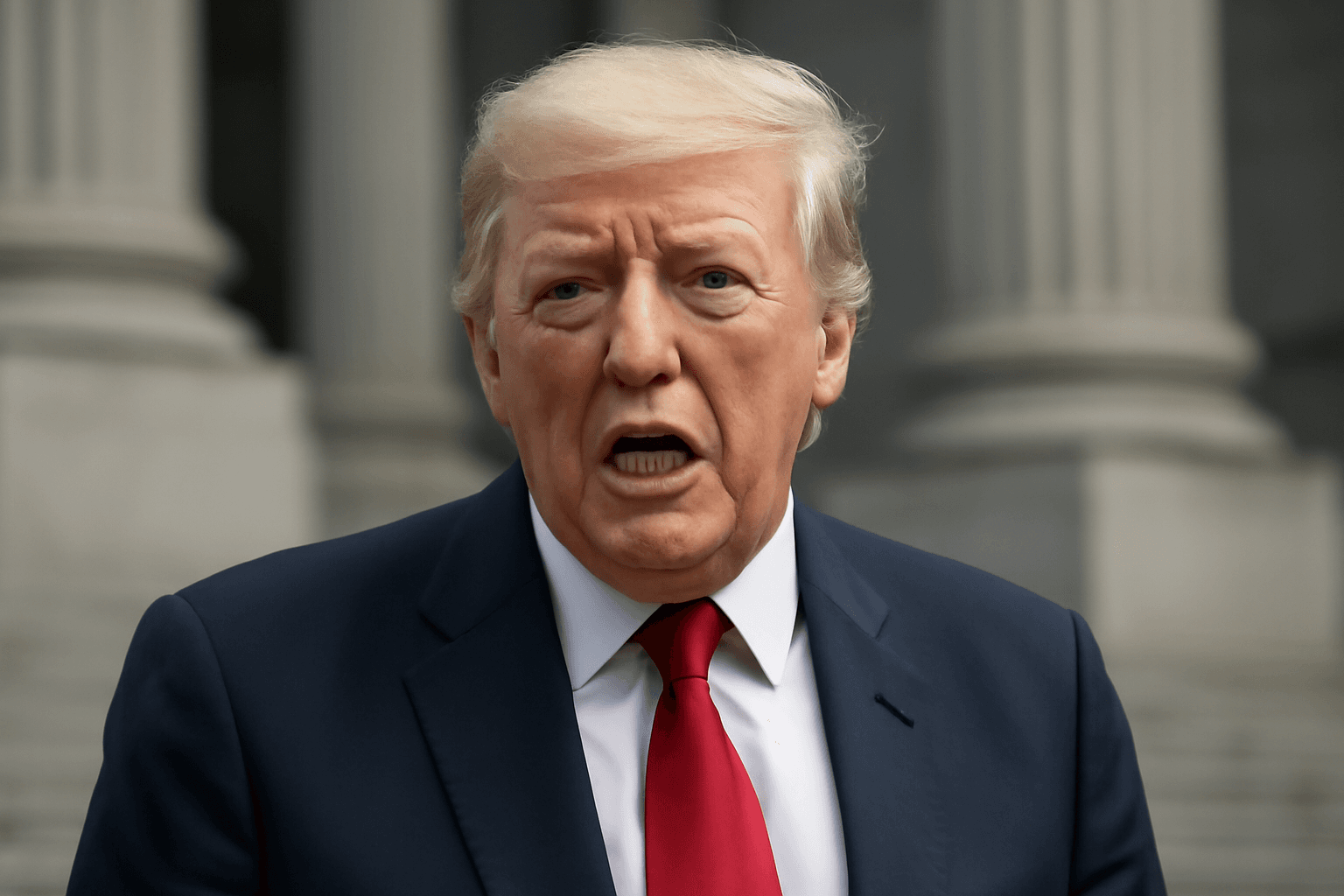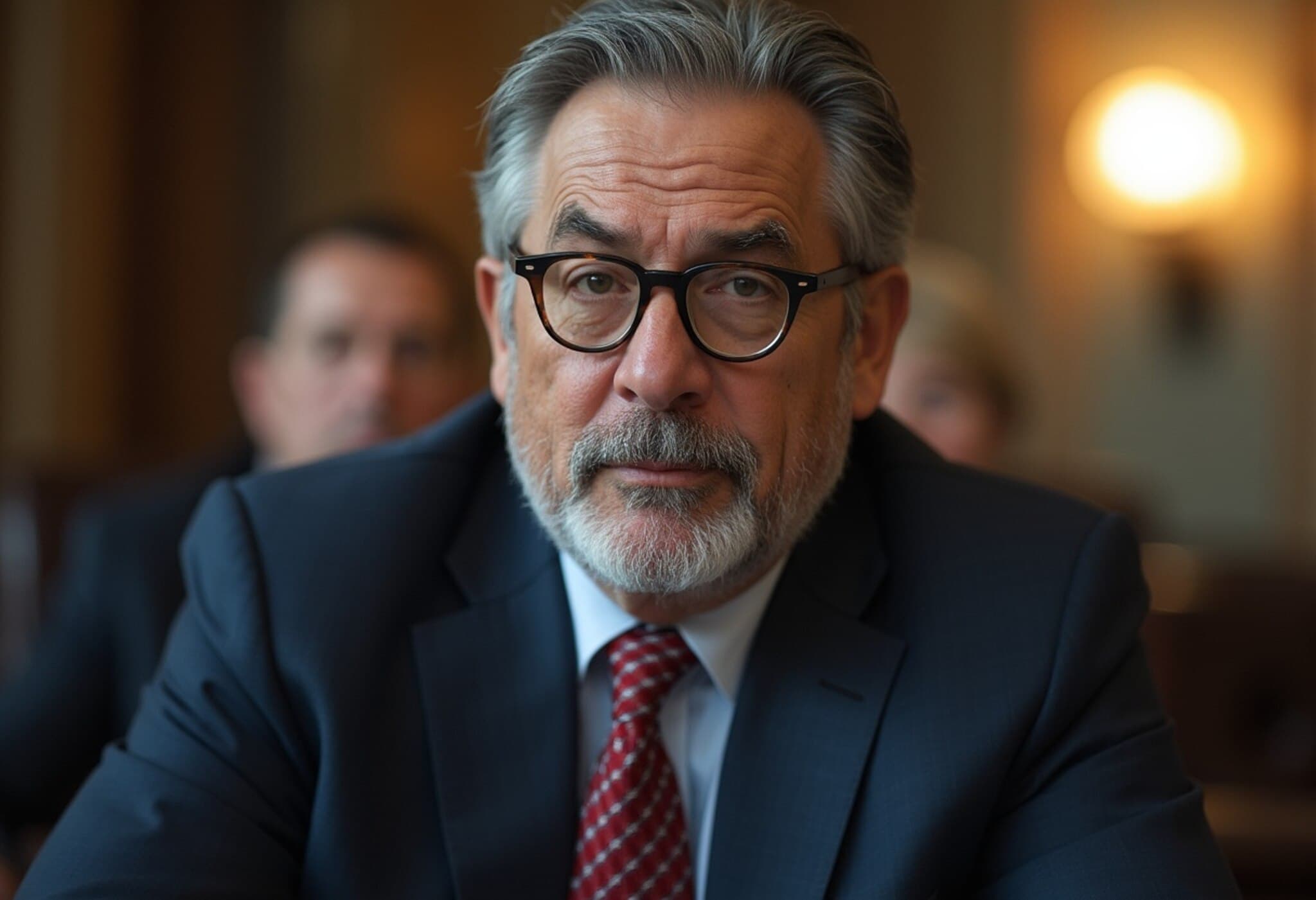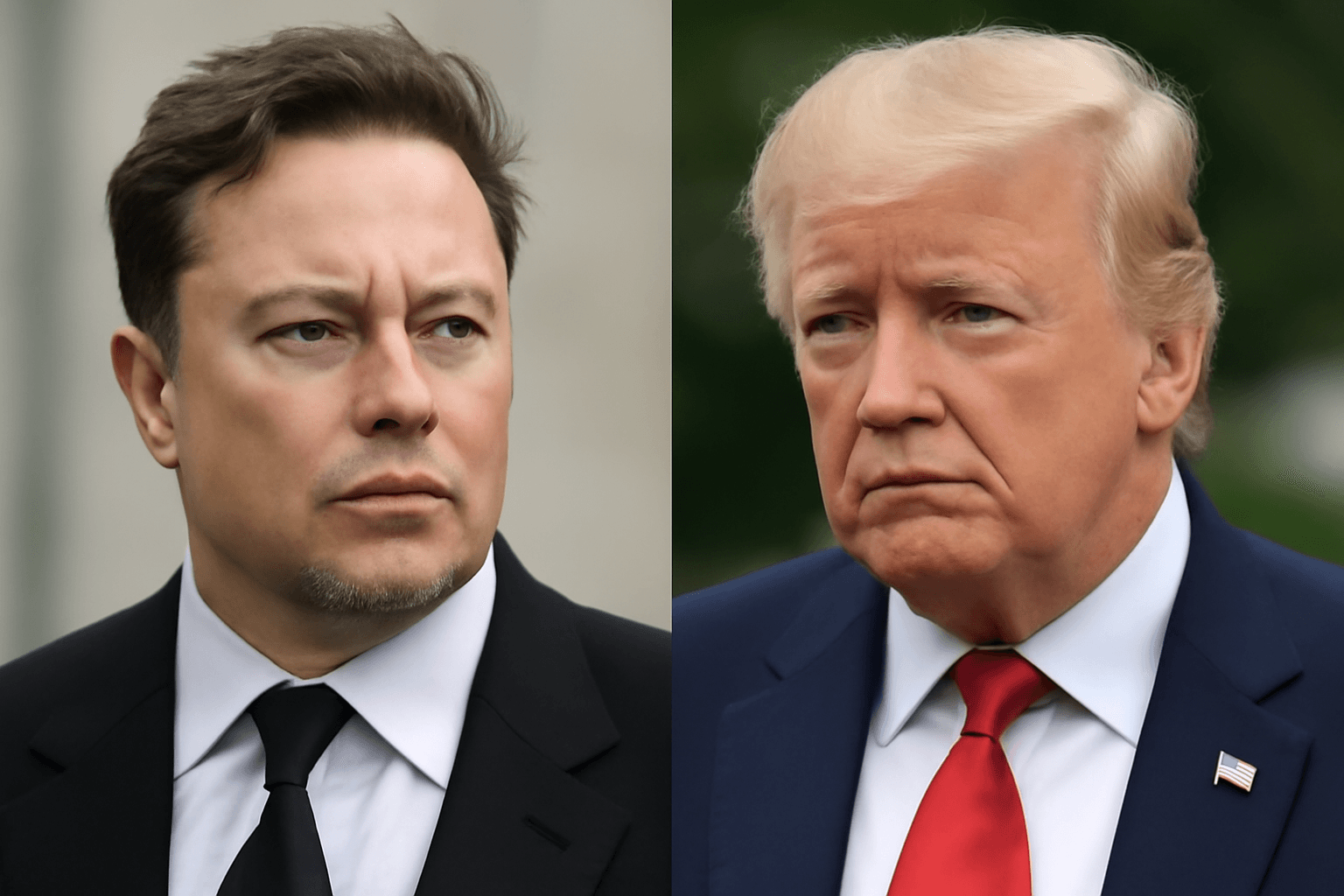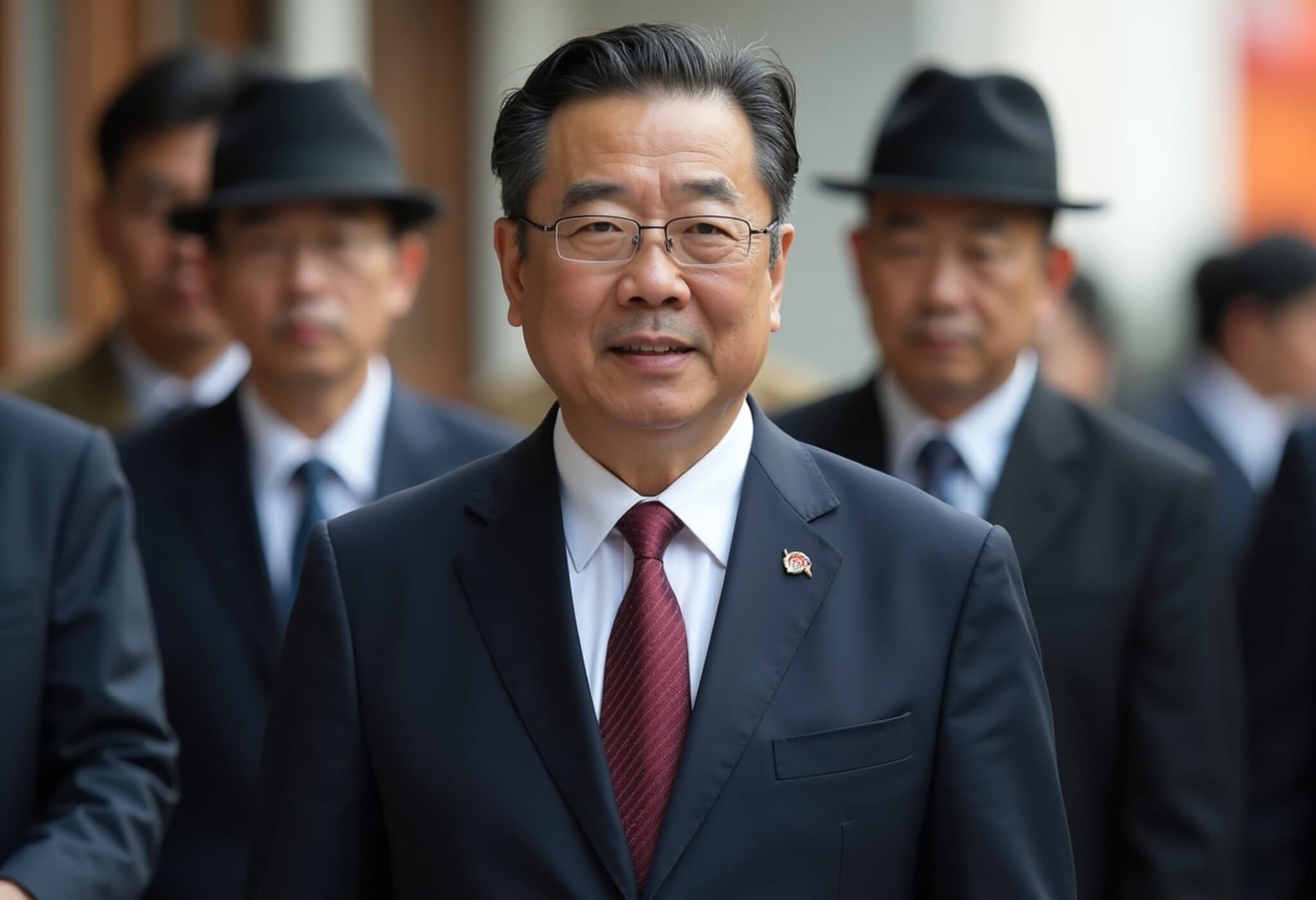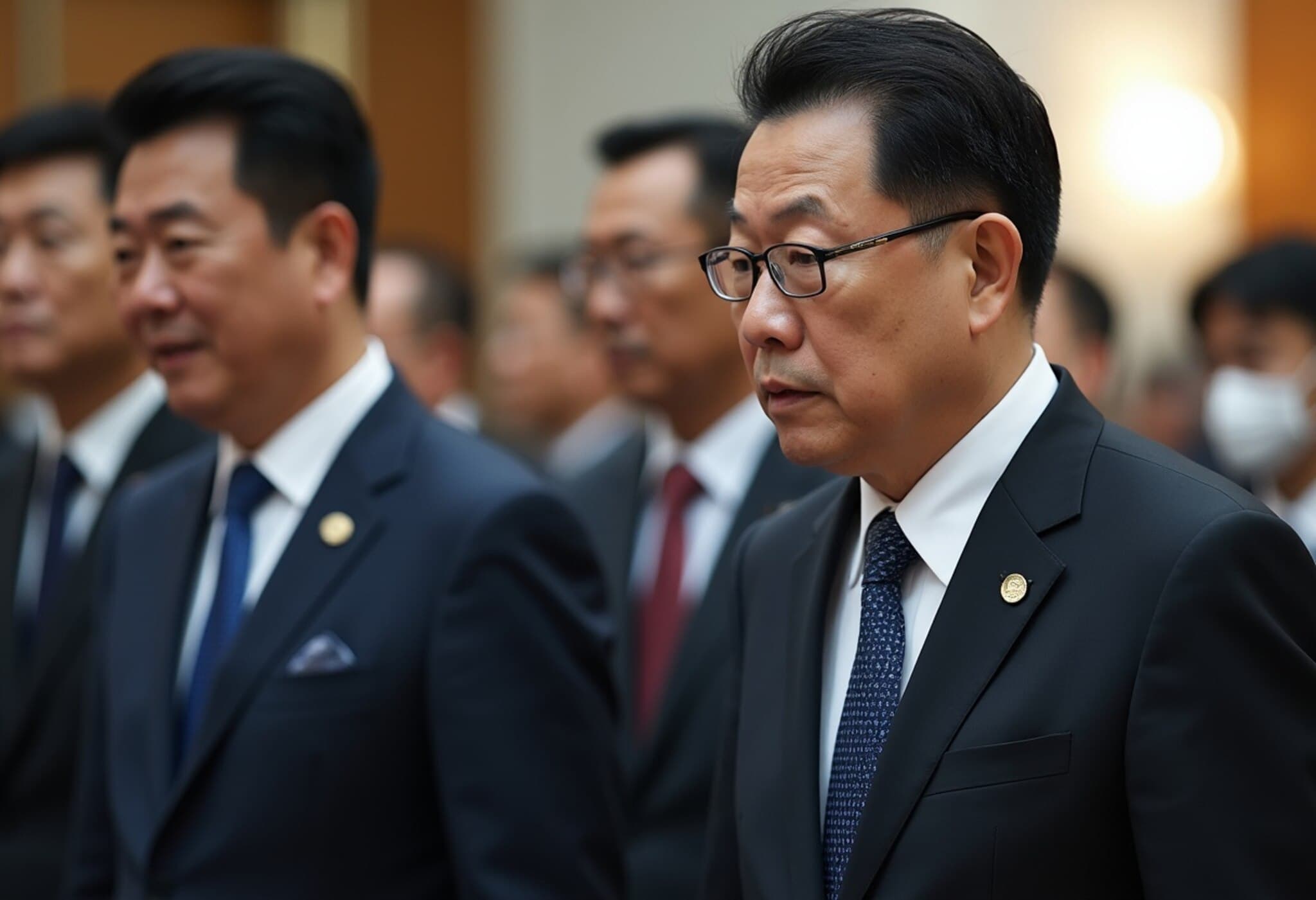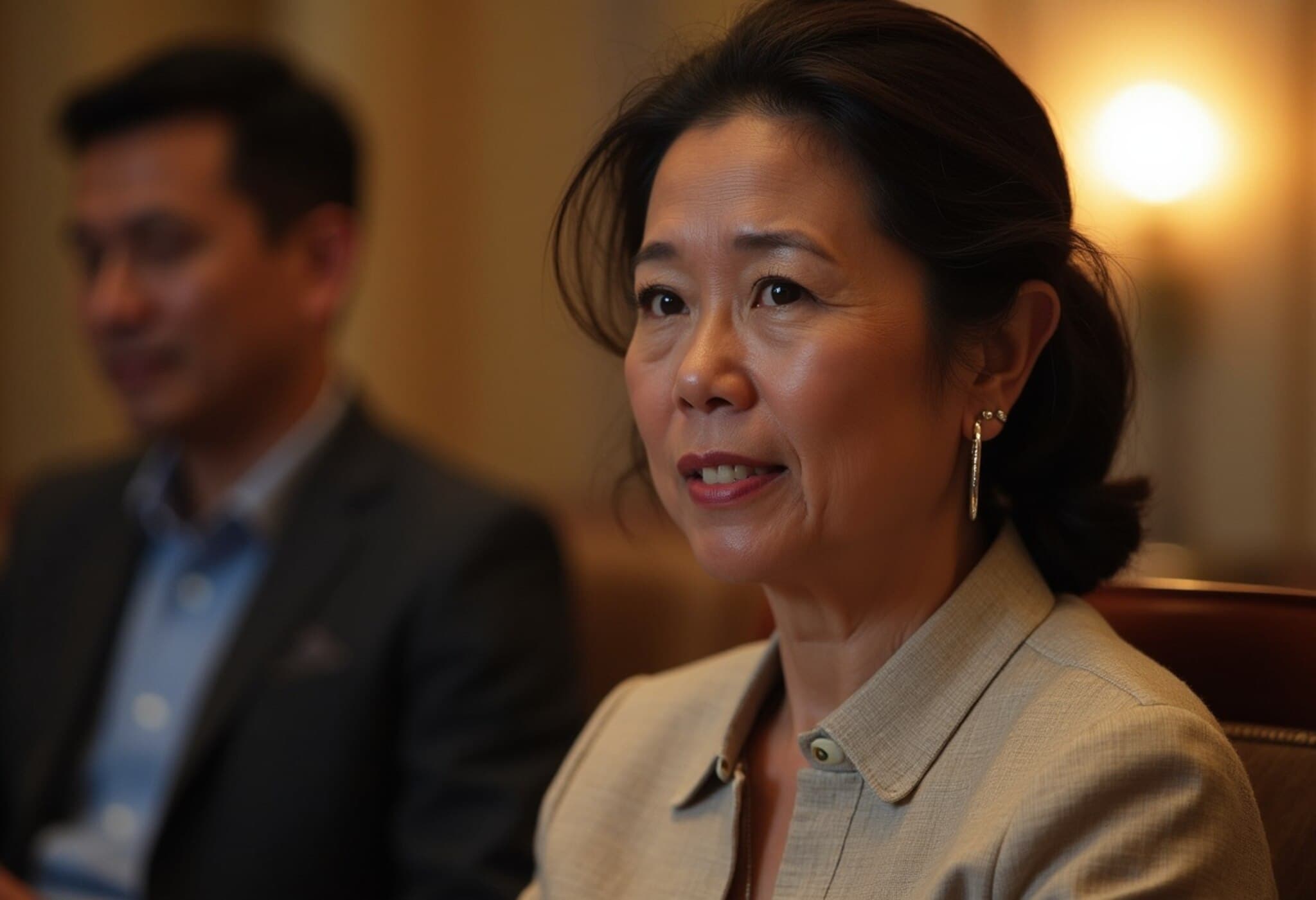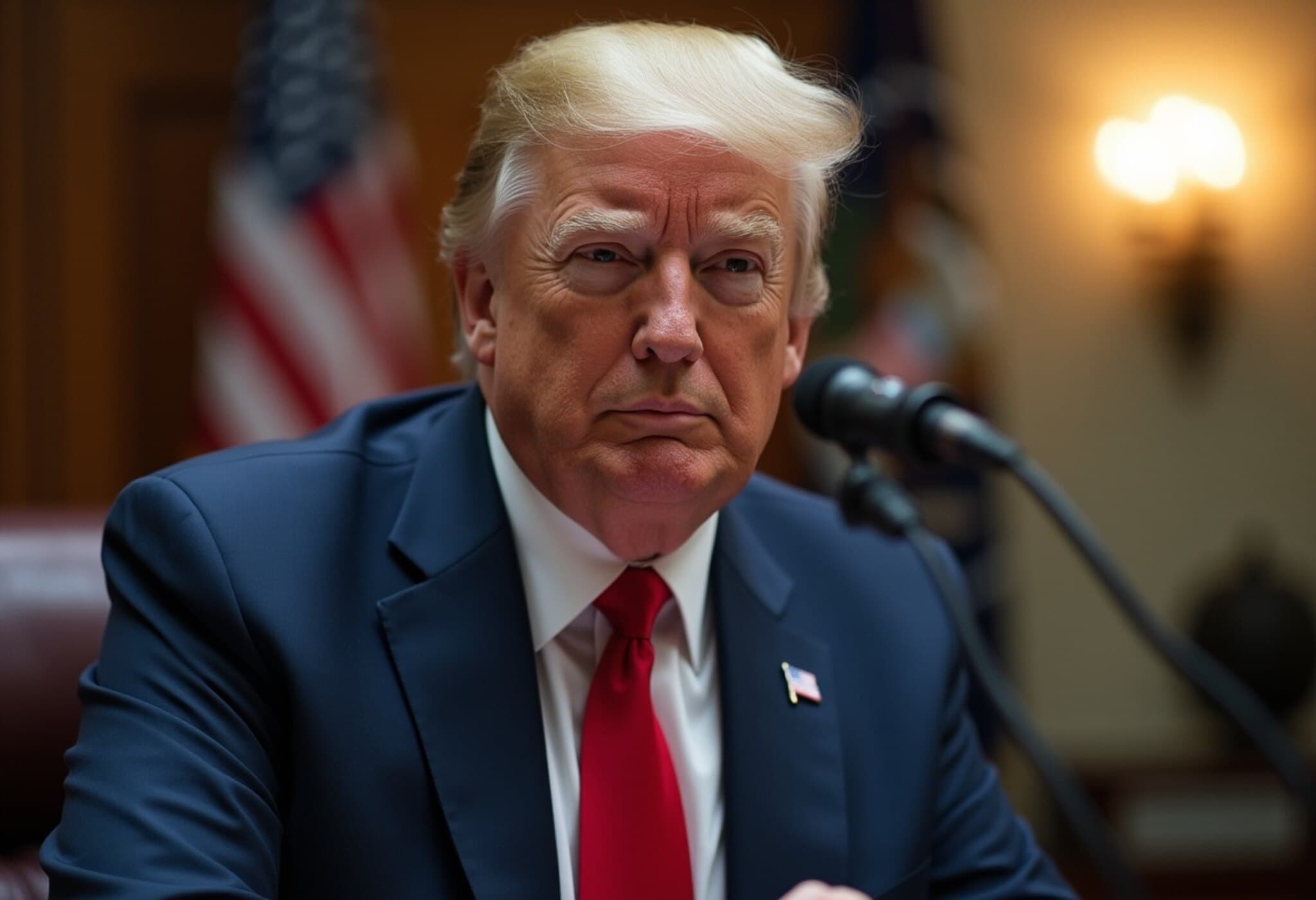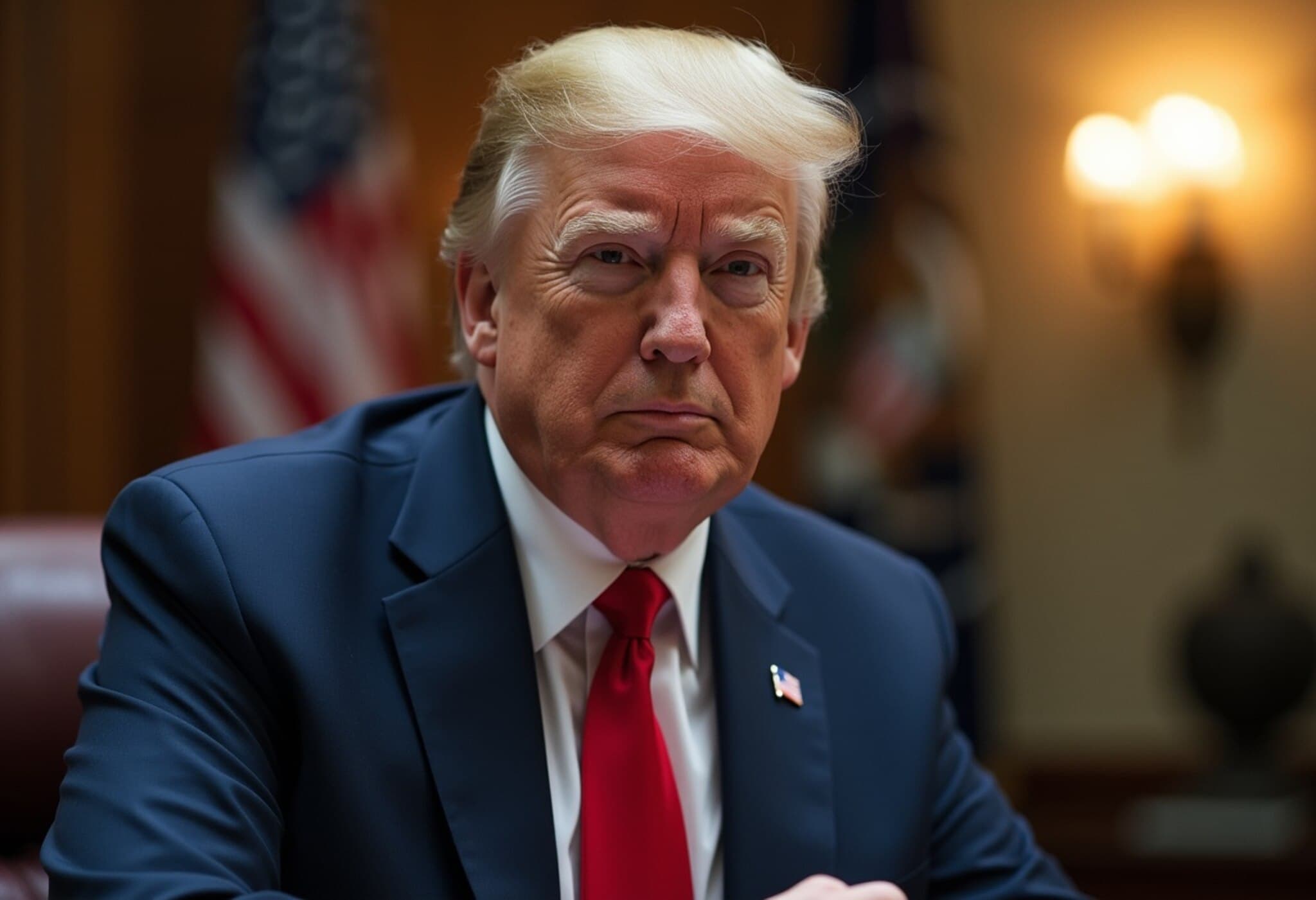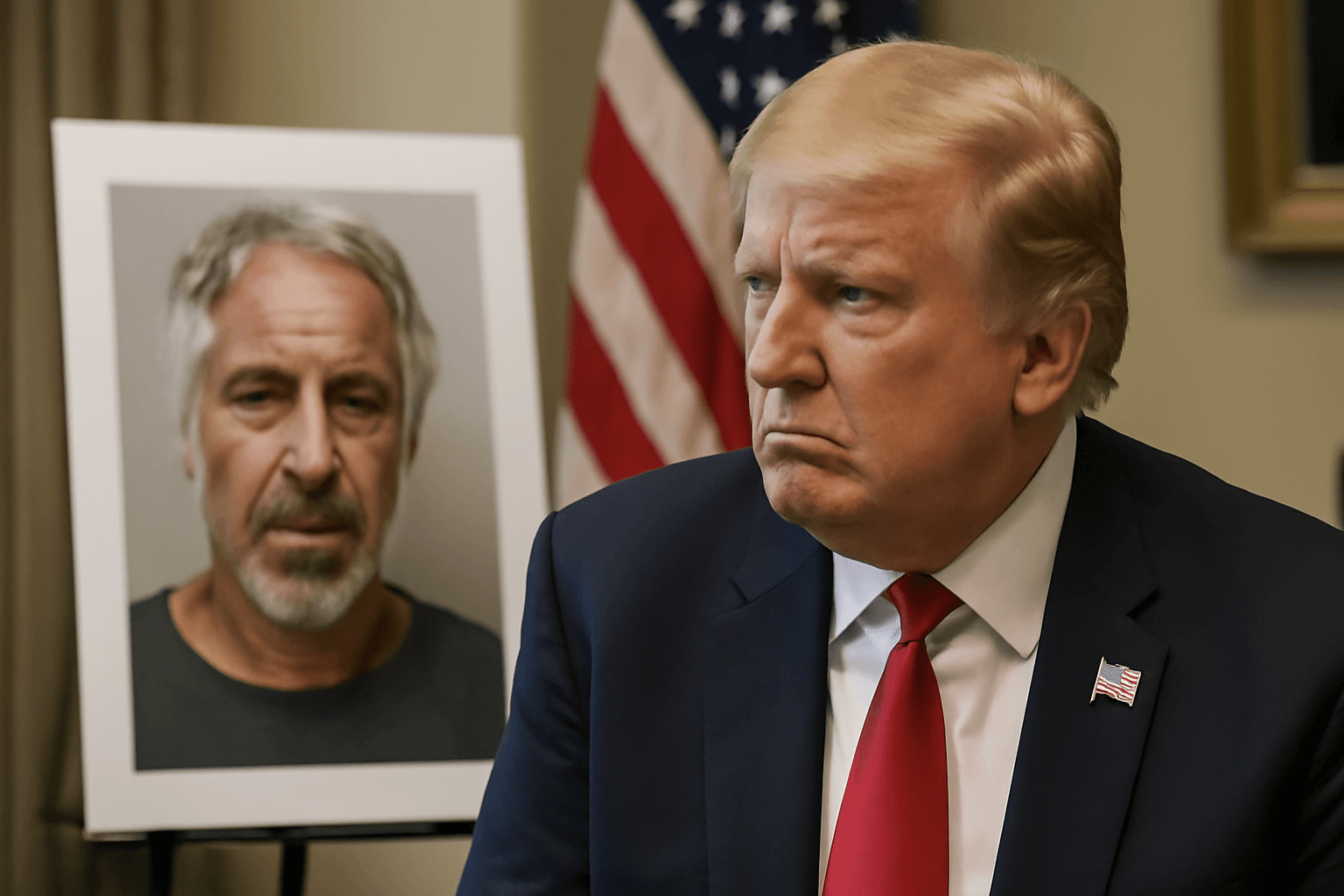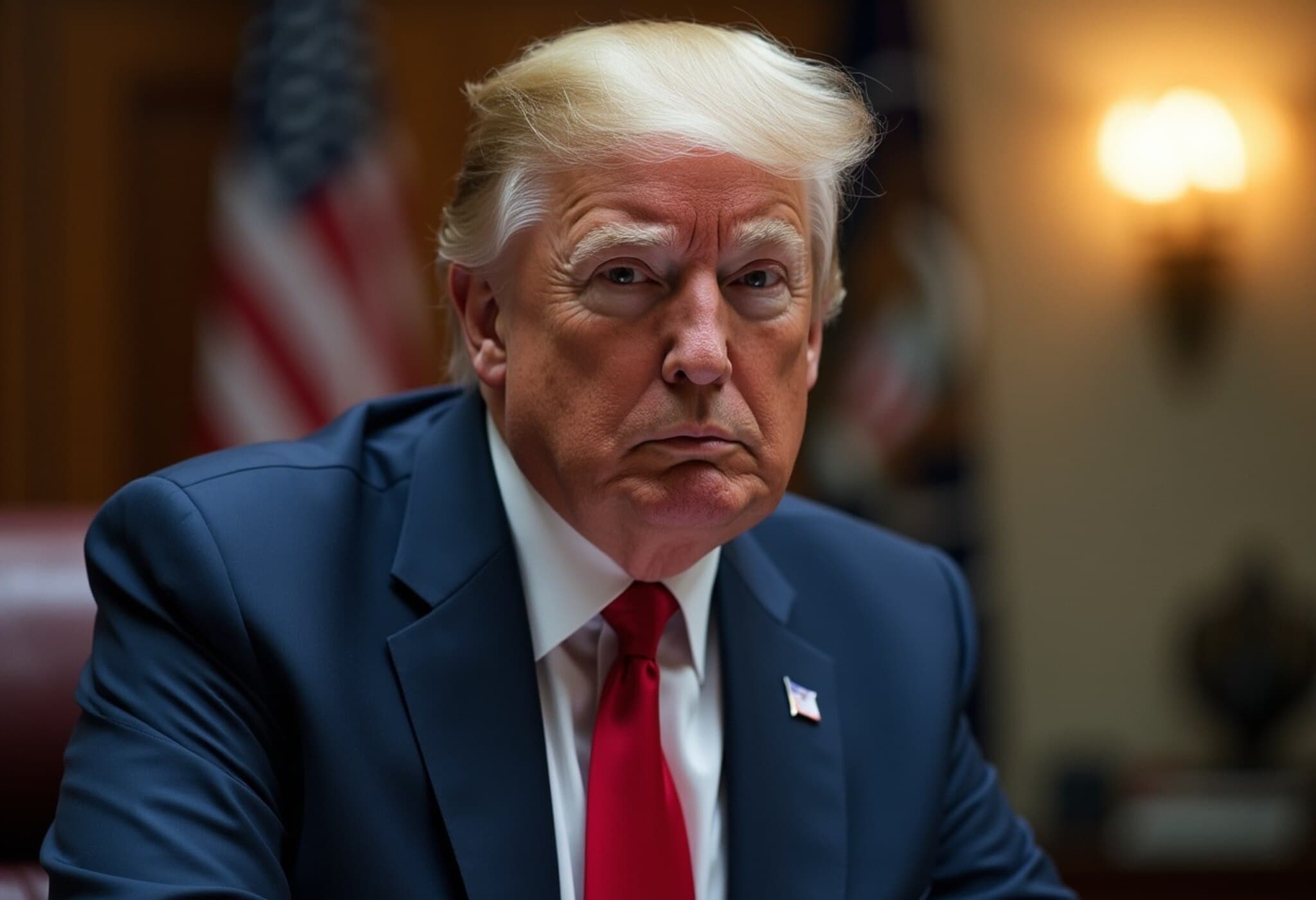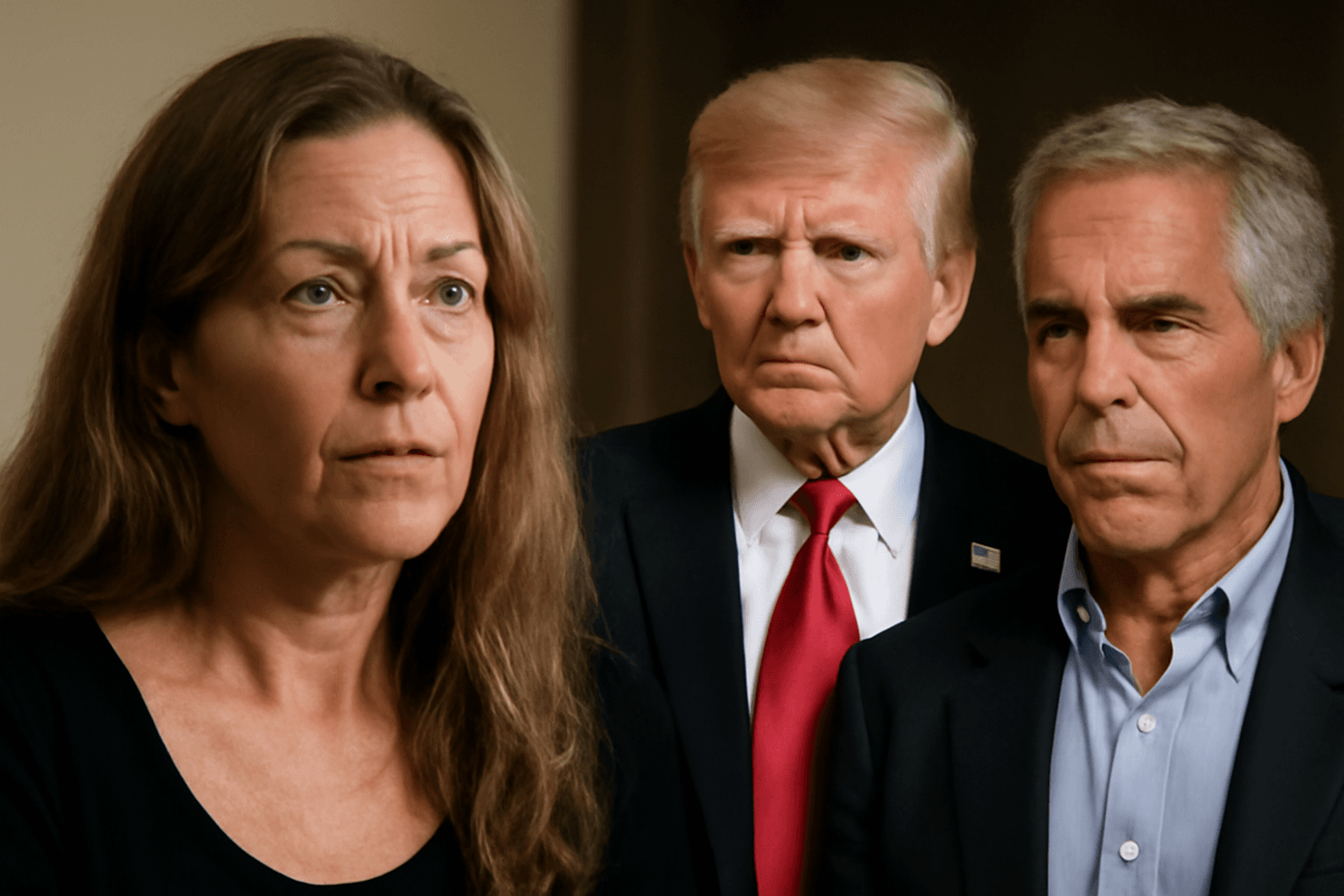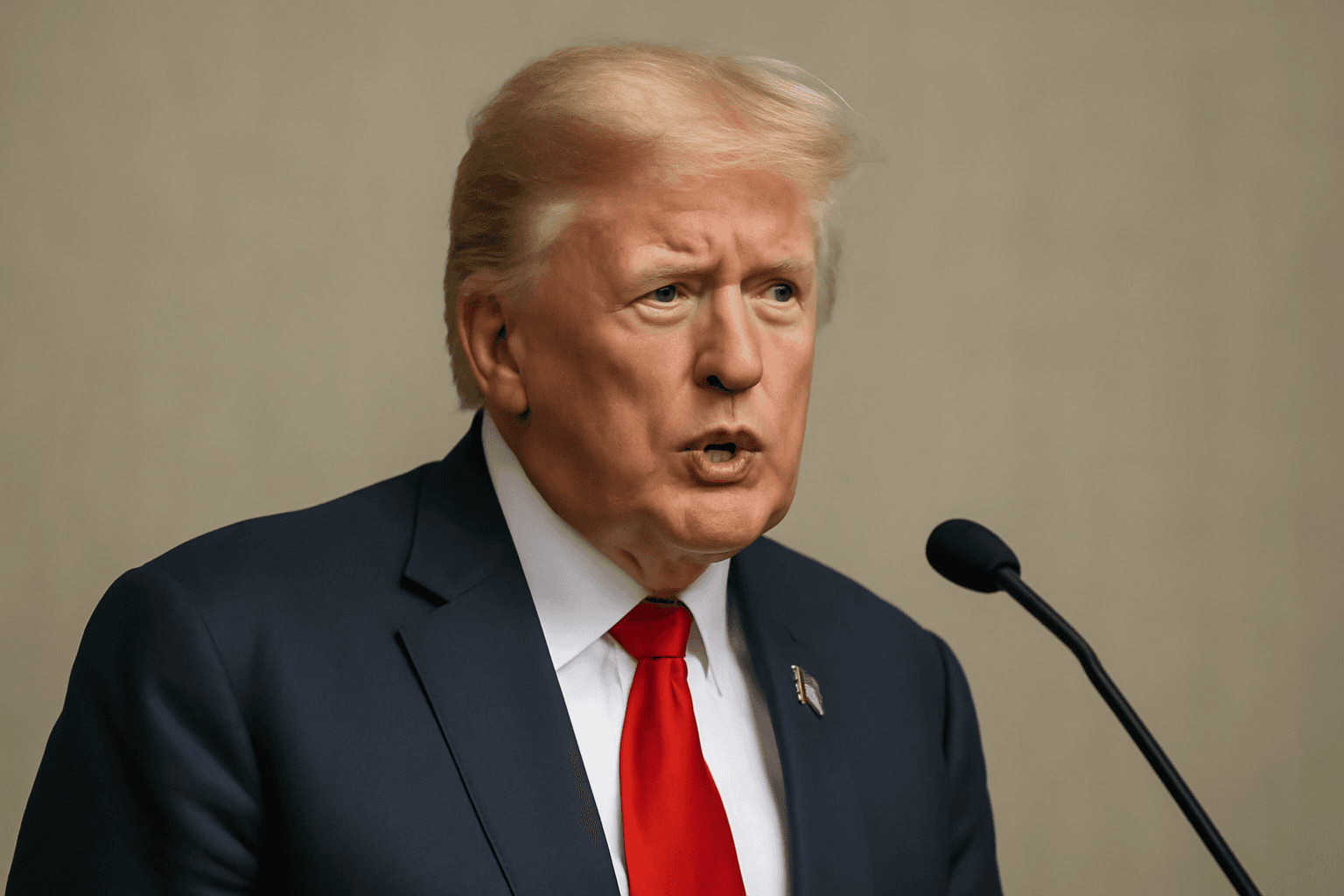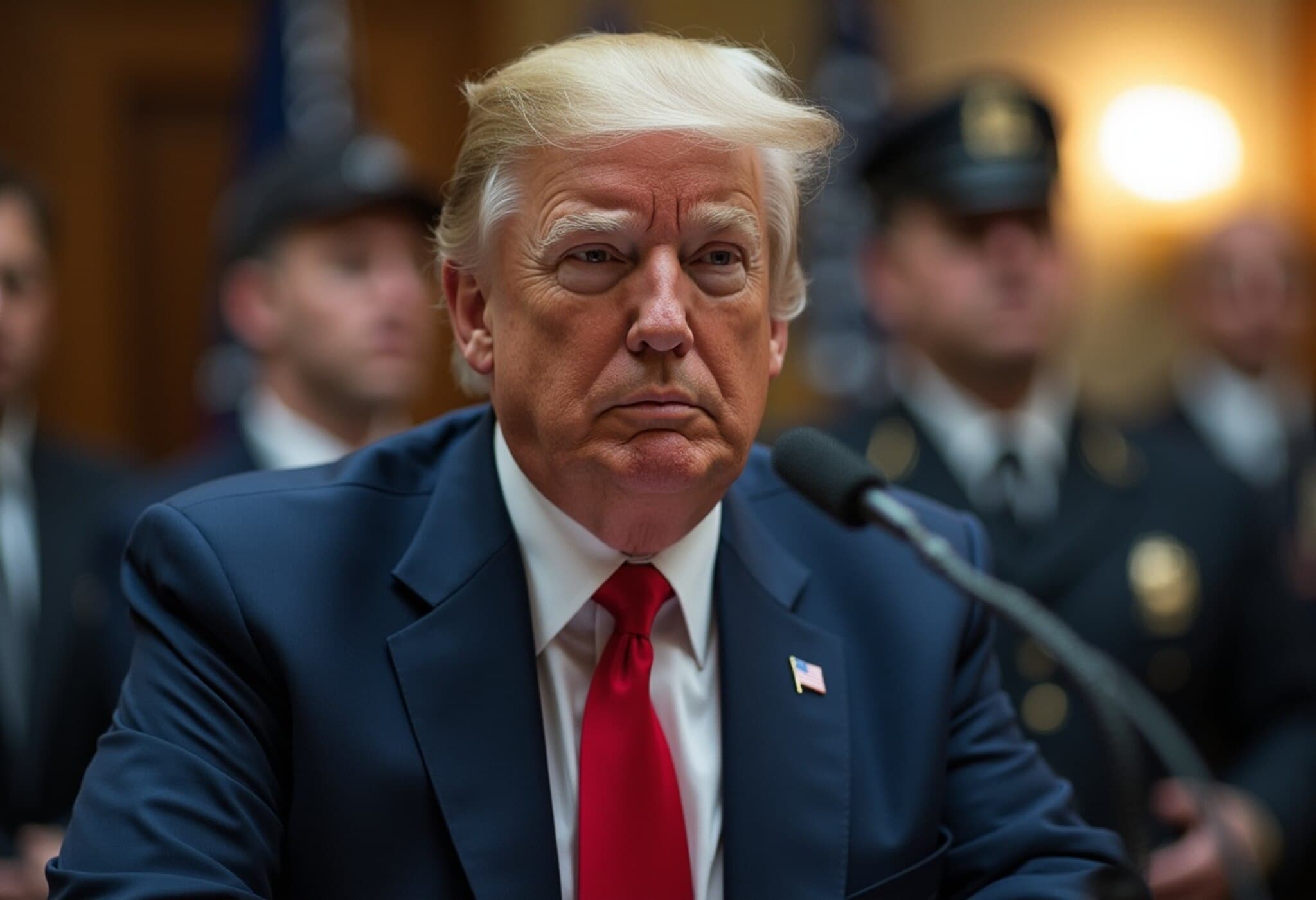Trump Calls for Epstein Grand Jury Documents Release, Criticizes 'Troublemakers'
On July 19, 2025, former US President Donald Trump weighed in amid growing calls for transparency surrounding the Jeffrey Epstein case. Using his social media platform Truth Social, Trump urged the Department of Justice to release all grand jury testimonies related to Epstein, but simultaneously expressed frustration, labeling critics as “troublemakers and radical left lunatics.”
This statement came shortly after the Department of Justice moved to comply with federal judges’ orders to unseal previously sealed grand jury transcripts in Epstein and Ghislaine Maxwell investigations.
Context: Epstein Case Continues to Stir Public Demand and Political Tensions
Jeffrey Epstein’s 2019 death by suicide left many questions unanswered about the extensive criminal network he was accused of operating, involving allegations of child sex trafficking. The release of grand jury testimonies offers a rare glimpse behind the judicial curtain but is also a lightning rod for political polarization in the US.
Trump’s calls to fetch “any and all pertinent Grand Jury testimony,” as he first put it on Thursday, evolved into demanding the release of “all” related documents by Saturday—underscoring the mounting pressure to disclose the full scope of information.
The Political and Legal Significance
- Legal ramifications: Unsealing grand jury files is a delicate legal matter because testimonies are typically confidential to protect witnesses and the integrity of investigations.
- Political optics: Trump's rhetoric frames the demand for transparency as a partisan attack, appealing to his base by denouncing critics as radical elements.
- Public expectation: Increasingly, the American public and some within Trump’s own supporter base urge an unvarnished disclosure to ensure accountability and justice.
Trump’s Defamation Lawsuit Adds Another Layer to the Epstein Saga
In a related development, Trump initiated a $10 billion defamation lawsuit against Rupert Murdoch and The Wall Street Journal over claims he sent a “bawdy” letter for Epstein’s 50th birthday. Trump denies the letter’s authenticity.
This lawsuit highlights the entanglement between media narratives, public perception, and ongoing legal proceedings—further intensifying the spotlight on Epstein-related matters and Trump’s personal involvement or alleged connections.
Expert Perspective: Why Full Disclosure Matters
Legal analysts emphasize that while transparency is vital to public trust, releasing sensitive grand jury details requires careful judicial oversight to avoid jeopardizing witness safety and future prosecutions.
Moreover, the relentless politicization surrounding Epstein-related documents reflects deeper fissures in the American political landscape—where truth, justice, and partisan agendas intersect uncomfortably.
Questions Unfolding Behind the Headlines
- Will the courts balance transparency with the necessary confidentiality of grand jury proceedings?
- How will released testimonies impact ongoing investigations and prosecutions?
- What does the eagerness to expose or suppress information reveal about political strategies and media influence in such high-profile cases?
Looking Ahead: What to Watch
As federal courts deliberate on the release of grand jury testimonies, the Epstein case remains a focal point of public scrutiny and political contention. The ultimate transparency achieved could shape perceptions of justice in sexual abuse cases involving powerful individuals, influence future legal reforms, and affect the reputations of those entangled in the saga.
Editor’s Note:
The Epstein case continues to expose the complex interplay between the judicial process, media narratives, and political agendas. While the push for transparency is justified, ensuring the protection of sensitive information is equally critical for safeguarding the justice system’s integrity. Readers are invited to consider how the demand for ‘full disclosure’ can be balanced with the rights of individuals involved and the long-term health of American democracy.

